Tips to Teach Old Dogs New Tricks
26.12.2020.
There are many expressions throughout the world, but they rarely involve dogs. Expressions like “A penny saved is a penny earned” or “Better safe than sorry” are actually good advice, but the expression “You can’t teach old dogs new tricks” might be misleading and disheartening.
By following these tips mentioned below, you can easily teach your senior dog new things and correct their learned behavior.
There are many senior dogs in shelters because people believe that adopting senior dogs could be problematic. Somewhere along the line, people decided that this expression is real and that learned behavior cannot be undone.
That, of course, is not true, and senior dogs can learn new things. They might have some limitations with concentration or physical capabilities. If owners account for that, their senior dogs can learn plenty of new tricks.
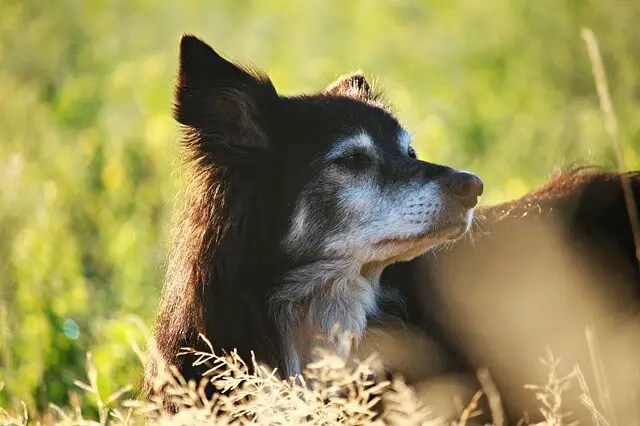
Where did that expression come from?
Unlike many other expressions with an unknown origin, the expression “you can’t teach old dog new tricks” can be tracked precisely to a point in history.
An English scholar named John Fitzherbert first mentioned this expression in his 1534 written work about breeding that dogs should be trained while they are still young and that old dogs cannot learn new things because they already have deeply rooted learned behavior.
Training senior dogs
Every dog can be trained, and their unwanted behavior can be corrected. They might have specific urges and learned behavior, but with positive training, will, and persistence, any dog can become a good student.

Mind the exhaustion
There are things you should look out for with senior dogs, especially during training sessions. Keep in mind that they are old and don’t have the physical strength and endurance younger dogs do. If your old dog starts showing signs of exhaustion, it might be time to let them rest. Keep an eye on these signs:
- Panting
- Yawning
- Boredom
- A lot of licking
- Sniffing ground
- Dropped ears
Interested in potty training your dog? Check out this article - the principles are the same for puppies as well as for senior dogs.
Training tips for seniors
There are specific tips that are aimed at training the oldest dogs. Keep training sessions short and interesting, and involve plenty of treats. Be firm and fair, and have as much sympathy as you can for your new senior best friend. Follow these tips, and you will achieve great results.
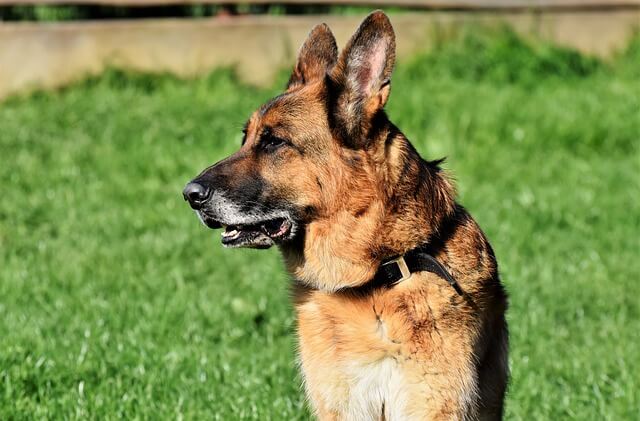
Get to know your dog
Time is essential for any dog training, and training a senior dog is no different. Prepare to invest time, especially in the first few months of living with your new dog. Keep a close eye on them and get to know their needs, routines, limitations, physical strength, likes, and dislikes. Getting to know your dog will give you a significant advantage in training them.
Build the trust
After investing enough time, your dog should start trusting you. Every relationship should be built on mutual trust, and a dog that trusts its owner will be more open to learning and experiencing new things.
Adapt training to senior dog’s limitations
Senior dogs might have some limitations, especially when it comes to physical endurance, focus, and energy. Training sessions must be adapted to the physical abilities of your dog. If your dog gets tired after 15 minutes, don’t make them train for half an hour. Make the most you can out of that 15 minutes, and remember to reward them with plenty of treats.
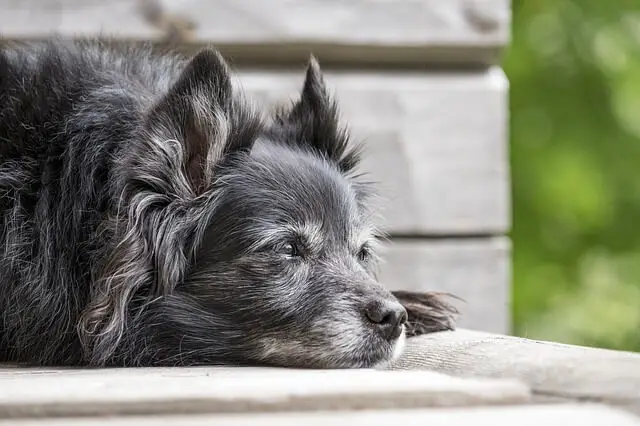
Keep it slow and simple
Don’t overwhelm your dog with different tasks and demands. Keep training simple and teach them one thing at a time. After your senior dog masters one trick, only then should you move on to the next one. Learning different things at the same time can be confusing and frustrating for both of you.
Maybe you want to correct bad behavior like excessive barking? Here is an article that can help you deal with this problem: How To Stop A Dog From Barking?
Use specialized treats
There are different treats you can use for senior dog training. Brands offer many products that can help you with training and give your dog that extra boost they need. Treats that are high in protein mean more energy for your senior dog. More energy means longer and better training, which will lead to quicker learning.
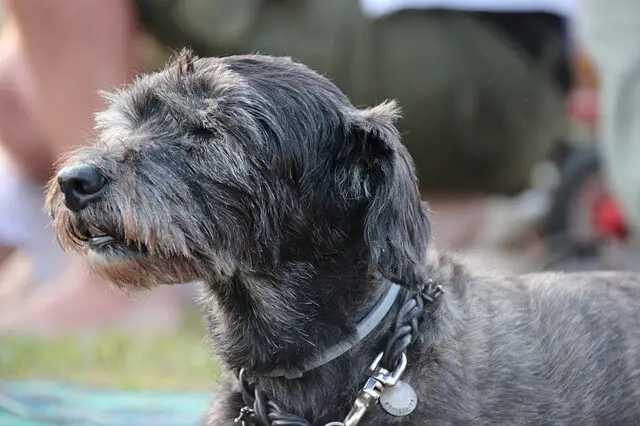
Use positive reinforcement
Positive training methods are the best way to train dogs. It is based on rewarding the wanted behavior instead of punishing unwanted behavior. Positive reinforcement involves a lot of treats, which could be a problem for older dogs. Make sure they are healthy, and their bloodwork is in order. If your dog does something you don’t want, use the collar to quickly and painlessly correct their behavior.
As a dog owner, you should know what to do, but also what not to do. Here are 10 tips that can tell you what not to do to your dog.
Give it time
This might be the most important thing when training a senior dog. It can take them up to four weeks to learn new tricks, so give it time. It might be a longer process, but seeing your old dog learn and live the best possible life in their golden years is priceless. Keep a positive attitude and support your new friend; they will get there eventually.
World Dog Finder team

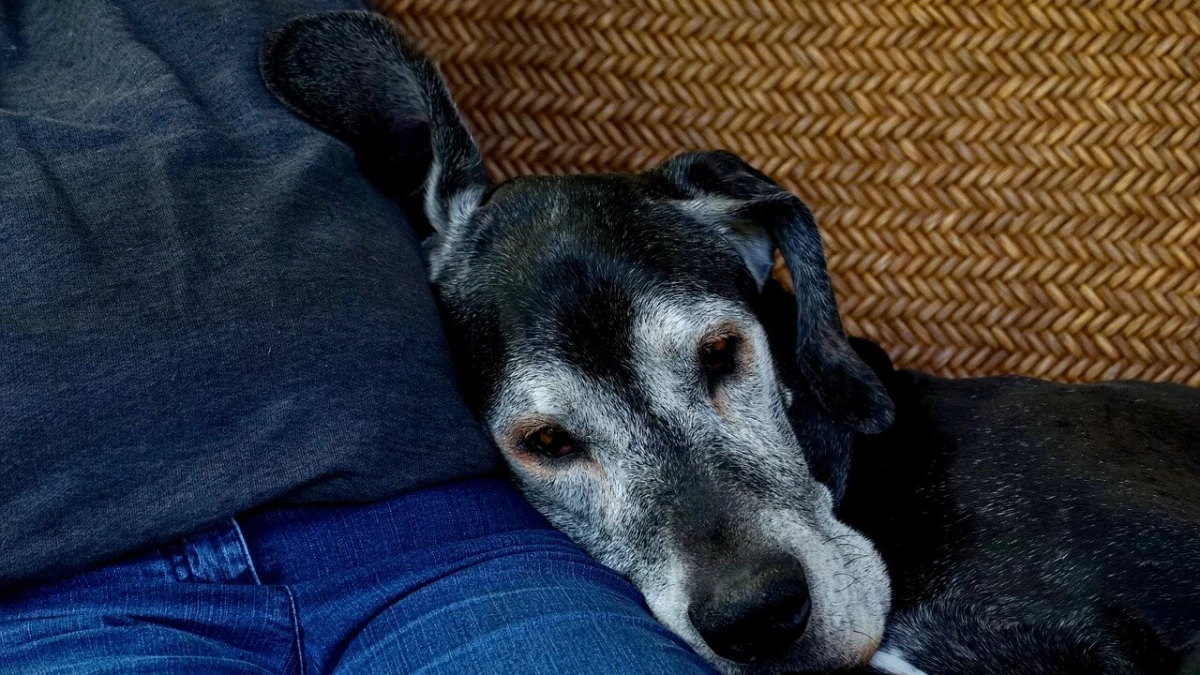


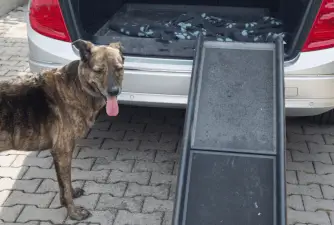


Share